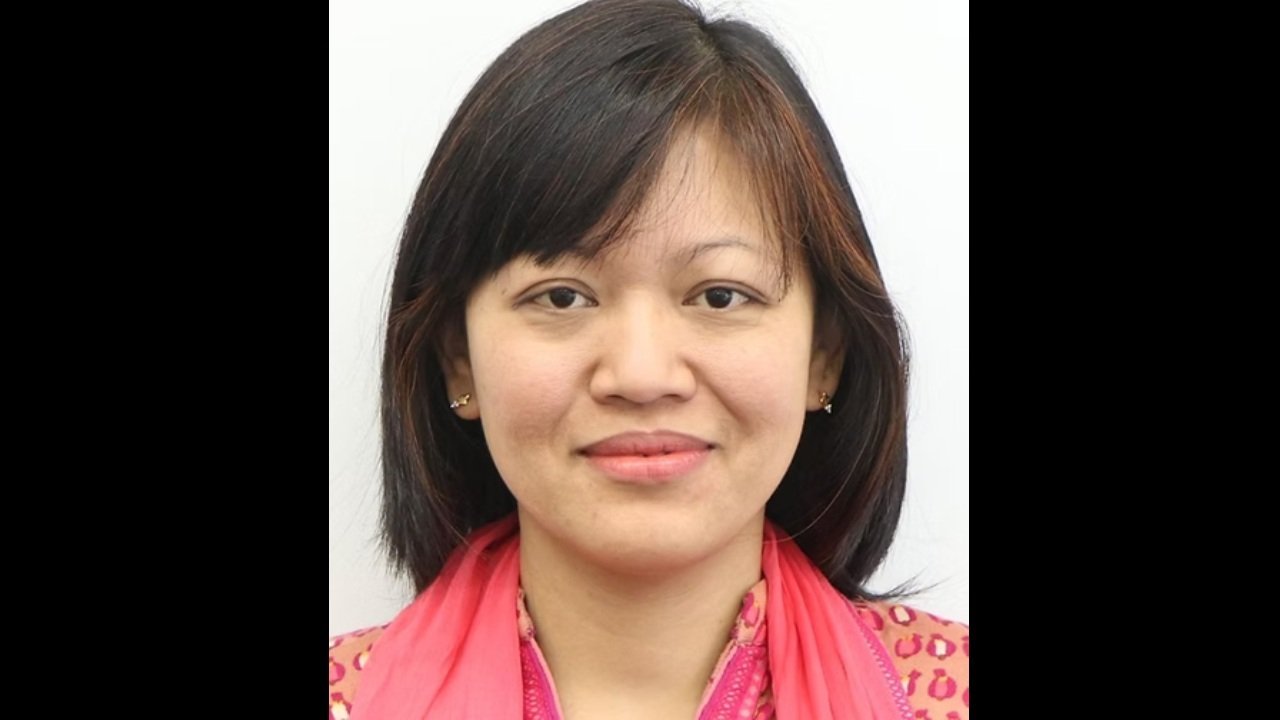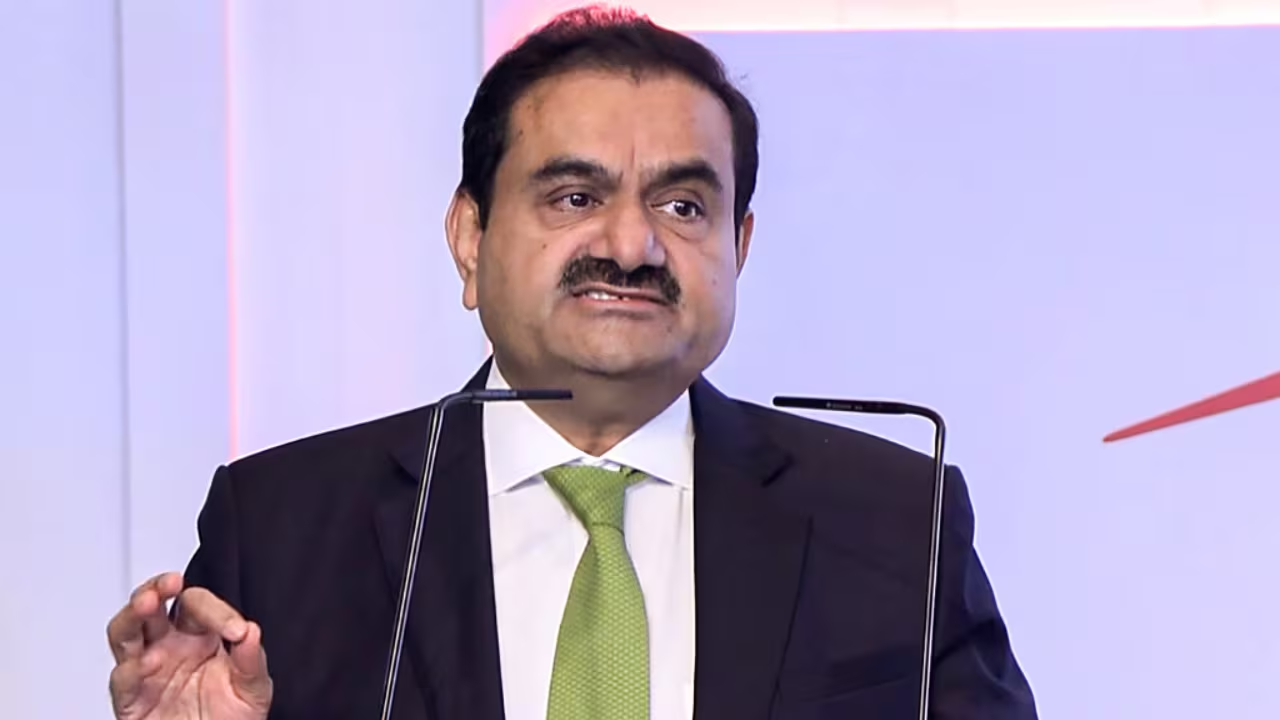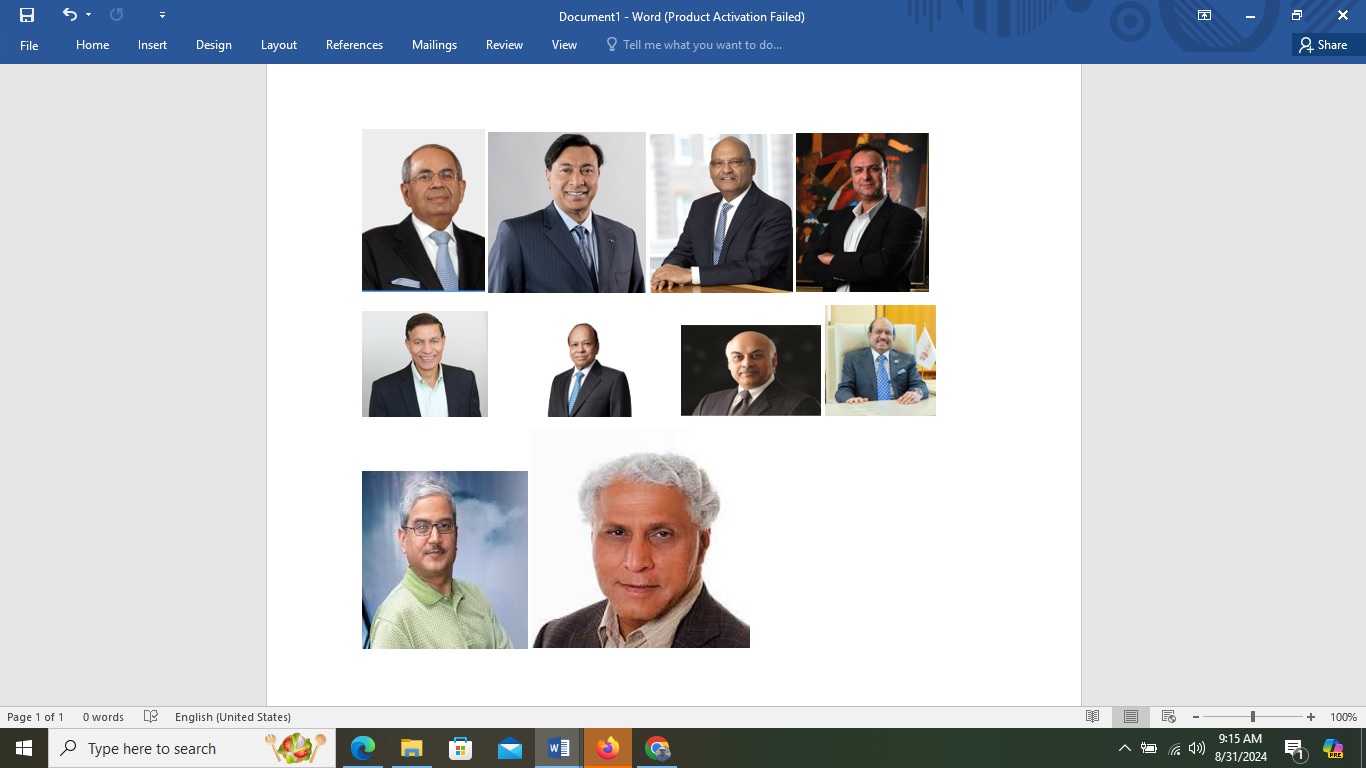-
This case highlights the risks associated with granting financial control to others, even within the family, and underscores the importance of regularly monitoring financial transactions to prevent fraud
-
The investigation is ongoing, and further legal actions are expected based on the findings
In a recent case of alleged financial misappropriation and forgery, a 68-year-old non-resident Indian (NRI), Ashok Tamakuwala, has lodged a formal complaint against his son, Dhaval Tamakuwala, and daughter-in-law, Hetvi Tamakuwala, accusing them of cheating and forgery. The incident took place in Surat, where Ashok alleged that his son and daughter-in-law had misappropriated funds by forging signatures on cheques that belonged to him and his wife, Bhavna, and depositing the money into their accounts.
Ashok, who resides in Fort Mill City, South Carolina, with his wife and younger son Mayur, discovered the fraud after reviewing his bank statements. He found that significant sums of money had been withdrawn from his and his wife’s accounts between 2017 and 2022 without their knowledge. The withdrawals were made using cheques that had been signed fraudulently. The total amount misappropriated amounted to approximately Rs 1.30 crore, transferred to various bank accounts.
-
Suspecting foul play, Ashok filed a complaint with the Adajan police in May 2022
-
The police promptly sent the original cheques to the FSL in Gandhinagar for forensic examination
-
The FSL’s findings confirmed the forgery, leading the police to register a formal First Information Report (FIR) against Dhaval and Hetvi on August 29
The case took a significant turn when the Adajan police registered a complaint against Dhaval and Hetvi. This decision followed a detailed report from the Forensic Science Laboratory (FSL) in Gandhinagar, which confirmed that the signatures on the cheques were indeed forged. According to the police, Ashok had initially opened a savings bank account at the Kim branch of the Bank of Baroda in 1996. Being unfamiliar with mobile banking, he had provided Dhaval’s phone number to the bank.
In 2013, Ashok and Bhavna moved to the United States for work, and during a three-month visit to India in 2018, Ashok granted Dhaval power of attorney to manage his account, mainly to handle expenses related to his factory and other bills. However, upon returning to India in 2022, Ashok noticed several unauthorized transactions in his bank account, revealing that about Rs 1.30 crore had been transferred to various bank accounts without his consent. Additionally, he discovered that the ownership of his residence in Western Park Society in Adajan had been transferred to another person based on the power of attorney he had granted to Dhaval.
***********************************************************
Readers
These are extraordinary times. All of us have to rely on high-impact, trustworthy journalism. And this is especially true of the Indian Diaspora. Members of the Indian community overseas cannot be fed with inaccurate news.
Pravasi Samwad is a venture that has no shareholders. It is the result of an impassioned initiative of a handful of Indian journalists spread around the world. We have taken a small step forward with the pledge to provide news with accuracy, free from political and commercial influence. Our aim is to keep you, our readers, informed about developments at ‘home’ and across the world that affect you.
Please help us to keep our journalism independent and free.
In these difficult times, running a news website requires finances. While every contribution, big or small, will make a difference, we request our readers to put us in touch with advertisers worldwide. It will be a great help.
For more information: pravasisamwad00@gmail.com








